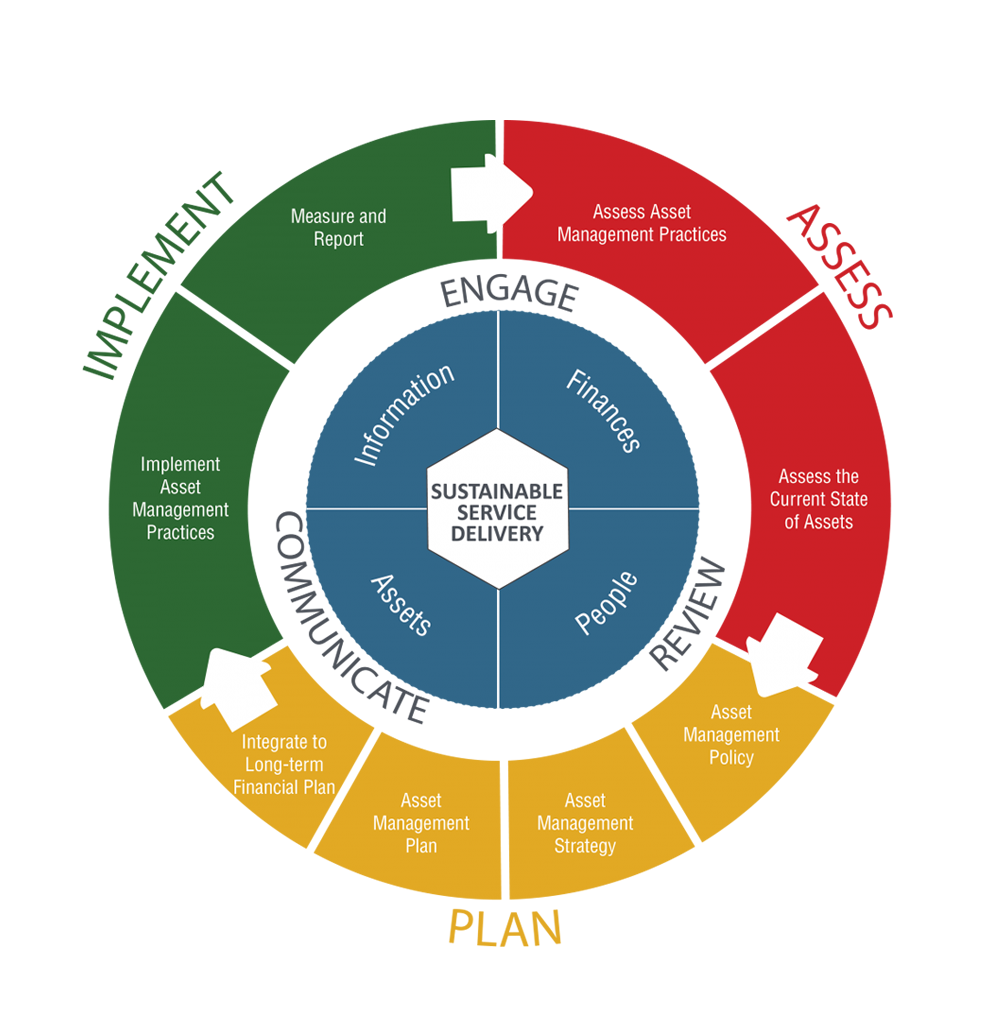Strengthening BC Communities Through Leadership in Asset Management
Sharing information, transferring knowledge, and building capacity for sustainable service delivery.
2024 Asset Management BC Conference
Today’s Decisions – Tomorrow’s Future
The 2024 AMBC Conference will take place November 6 – 7, 2024 with Pre-Conference Workshops on November 5, 2024 at the Richmond Radisson Vancouver Airport Hotel.
Call for Presentations Now Open for the 2024 AMBC Conference
Asset Management BC is excited to see your ideas for a presentation at the event. The submissions deadline is Friday, June 28th.
In Memoriam

Danny Higashitani
August 7, 1967 – April 5, 2024
AMBC and the entire asset management community mourns the loss of Danny, a passionate asset management champion and friend.
Asset Management Day & Local Government Awareness Week 2024
Celebrate your infrastructure during this year’s Local Government Awareness Week (LGAW) May 12-18th and Asset Management Day on May 15th. Show off your assets on social media and you could win a free conference registration!






